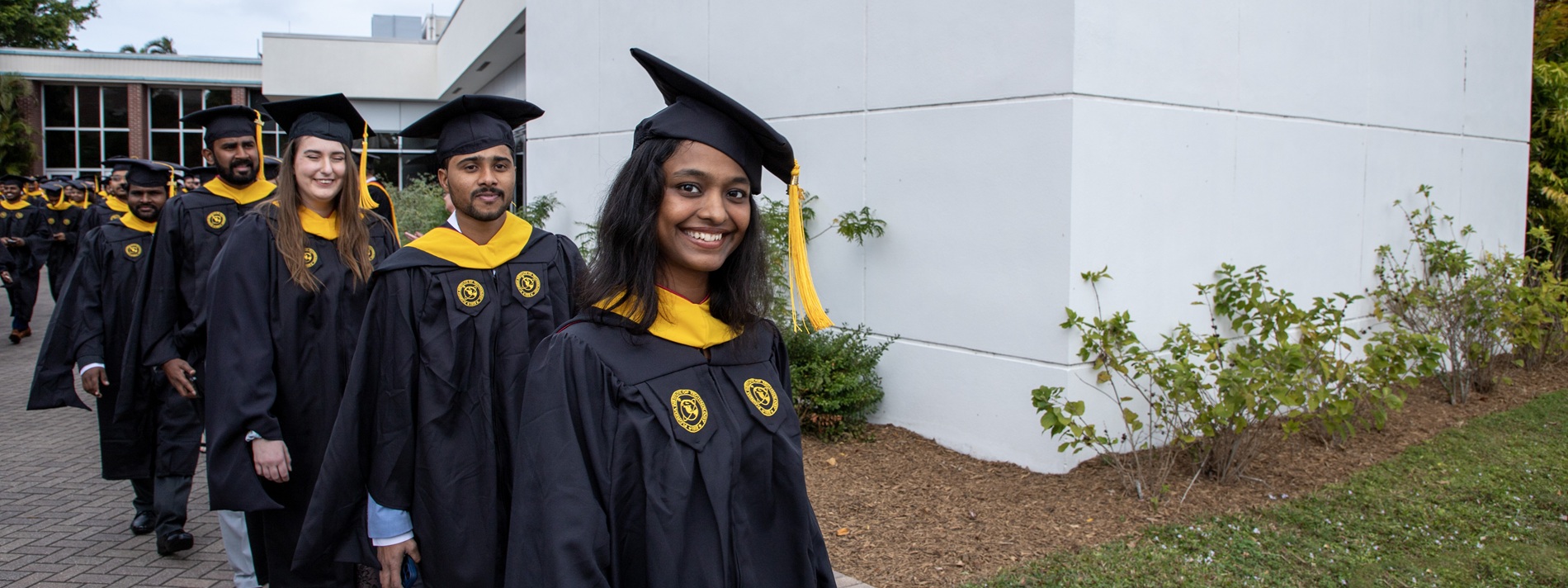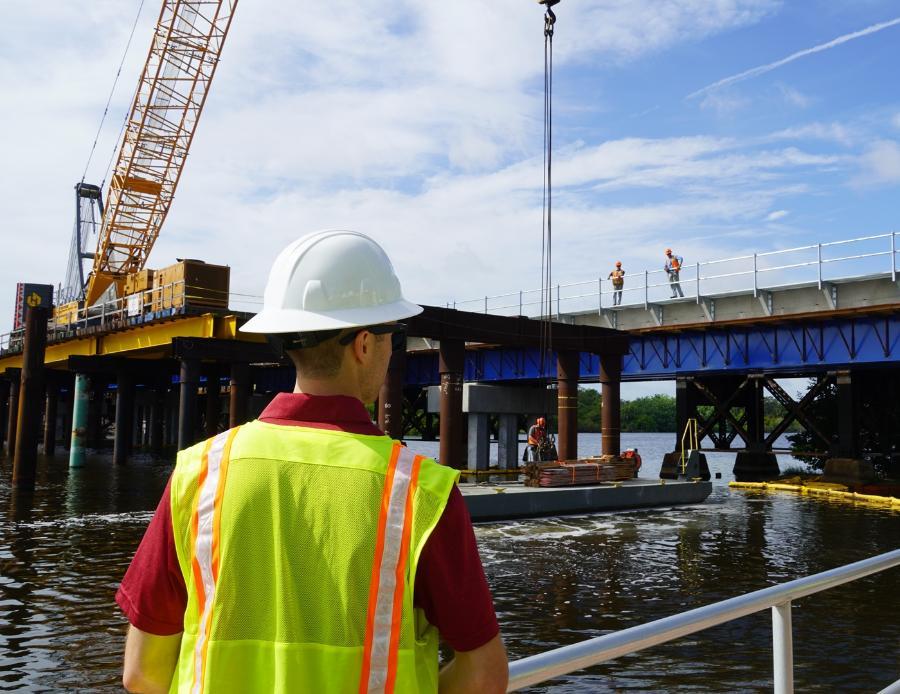Careers in Civil Engineering
At Florida Tech, you’ll gain the expertise and connections to launch an impactful career in civil engineering.
Our graduates' knowledge of mathematics, mechanics and materials prepares them for roles in urban planning, large-scale construction design (e.g., highways, airports, bridges), infrastructure management, material testing, regulatory oversight and more.
Many of our civil engineering master’s graduates go on to design and manage major infrastructure projects, working for government entities or in private sector roles with consulting and construction firms.
Civil engineering roles include:
- Civil engineer
- Construction engineer
- Construction project manager
- Design engineer
- Director of utilities
- Environmental engineer
- Field engineer
- Geotechnical engineer
- Hydraulic engineer
- Private consultant
- Project engineer
- Site engineer
- Structural engineer
- Sustainability engineer
- Transportation engineer
- Urban and regional planning manager
- Wastewater engineer
- Water resources engineer
Local and national engineering firms that have hired Florida Tech graduates include:
- Allan and Conrad, Inc.
- Ardaman & Associates, Inc.
- Bechtel
- Boueri Engineers, Inc.
- Bowman Engineers
- BRPH Architects & Engineers
- CH2M Hill
- City of Palm Bay, Brevard County
- Edward J. Haeck Landscape Architects
- GeoSyntec Consultants
- Jones Edmonds Engineering
- Kimley Horn & Associates
- Lauderdale Executive Airport
- Miller Sellen Conner & Walsh, Inc.
- NASA
- Quantitative Environmental Analysis
- St. Johns River Water Management District
- STV Group
- Tensor Engineering
- Turner Construction
- VHBA

 Give to Florida Tech
Give to Florida Tech 

